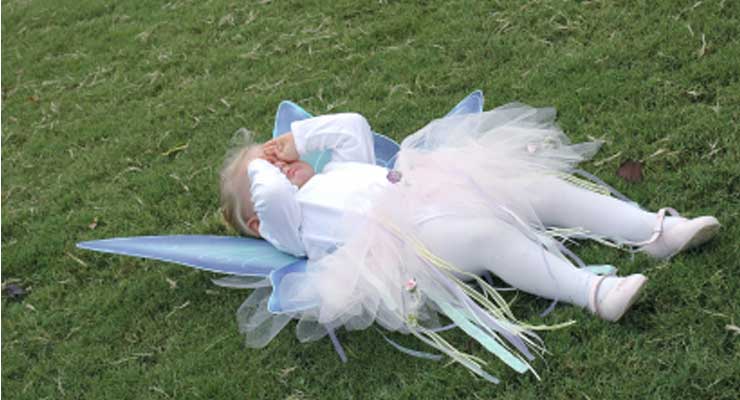Alessio didn’t want his nap. He wanted “moto raff” – to sit on our friend’s motorcycle stored in our garage, a treat he gets to do sometimes, based on good behavior – which wasn’t today, or most of that week. My first week back at work. Alessio was more whiny than usual. Of course I had noticed, but hesitated about what to do. Now that I had less time with Alessio, the last thing I wanted was to get home and become “The Enforcer.”
So I’m listening to my sister tell the Moto Raff story. The moto-raff mantra rumbled through the afternoon, at least 35 times, according to Marisa, who was taking care of Alessio that day. Finally she asked him how long he thought this moto obsession might last. Alessio tilted his head and took a deep breath.; “A month,” he said.
He then darted up the stairs to my sister’s apartment and promptly grabbed hold of an electric strip. He knows very well that is a giant NO, but he’s looking at her with a glint in his eye – the Terrible Two’s look of deliberate defiance.
Alessio and Marisa had a fierce tug of war, complete with rivers of drool and my sister’s fear of her nephew being electrocuted by his own drool dripping on the strip.
Marisa began counting to three. (Counting works great with most toddlers – it gives them a chance to make the choice themselves, and sets a predictable pace for the tantrum to end.) By the time she got to two, Alessio dropped the strip and made for the cat, with a wrapping paper tube. The cat just missed his blow. Marisa gave a strong warning, then tried to distract him by suggesting they go outside to play. Instead, he ran into her bedroom, wrapped himself in her silk curtains and took a poop.
Discipline. For adults, it’s a virtue. We are taught that any effective work requires a certain amount of discipline. Self-discipline.
Then there is the other Discipline, a word that most parents dread. Especially when it comes to the Terrible Two’s, a phase that brings with it all the other dreaded t’s: Tantrums, Testing, Tirades, and Tears.
When does discipline begin? As early as eight months, babies learn the words yes and no. Unfortunately “No” is used more often – seven times more often than “Yes” on average, and the more you use it, the less effective it is.
So how do you get to Yes with a toddler? One way is to “catch” them when they’re being good and praise them for it! Ignore or distract unwanted behavior. Direct their attention to solutions and what they should be doing by saying things like, “Let’s try this.”
We ought to add one more “T” to the Terrible Two’s list: Transformation. Why not call the phase the Transformative Two’s? Because that’s what it’s really about. Your child is beginning to understand he has free will, his own ability to exert an influence on the world. They are learning about limits by testing theirs (and yours).
Your child is also trying to tell you how she feels. Without words at her command, she blathers and cries and stomps her feet and if you could have a translator for those moments, your child might be saying something incredibly wise, something as simple as I miss you or I’m afraid or I don’t know what’s expected of me. One of the most important things a parent can do is help your child identify his or her feelings.
That night, I sat Alessio on my lap. I looked at him and had him look at me. “You know Mama missed you a lot today. I thought about you all day, I talked about you, I showed everyone your picture, and I just want you to know that I love you.” He said, “A ya” which means “yes.”
The second week back at work, while I was reading him a bedtime story, he started kicking me. When I told him to stop, he cried. “Alessio, are you upset that Mama didn’t spend enough time with you today?” I asked. “A ya,” he said, with a sense of relief that I had somehow translated his turmoil into words. “Then I’ll be sure to spend a lot of time with you tomorrow,” I promised. He snuggled into my arms with the biggest smile. We were learning to communicate. A ya.
Adults need the Power of Yes as much as children. This week I am going to try to give Yes as much power as possible – towards my kids, friends and co-workers. Who knows, maybe it will lead to a happier place for all of us.
Are you in? A ya!
Ciao,
Princess Ivana





